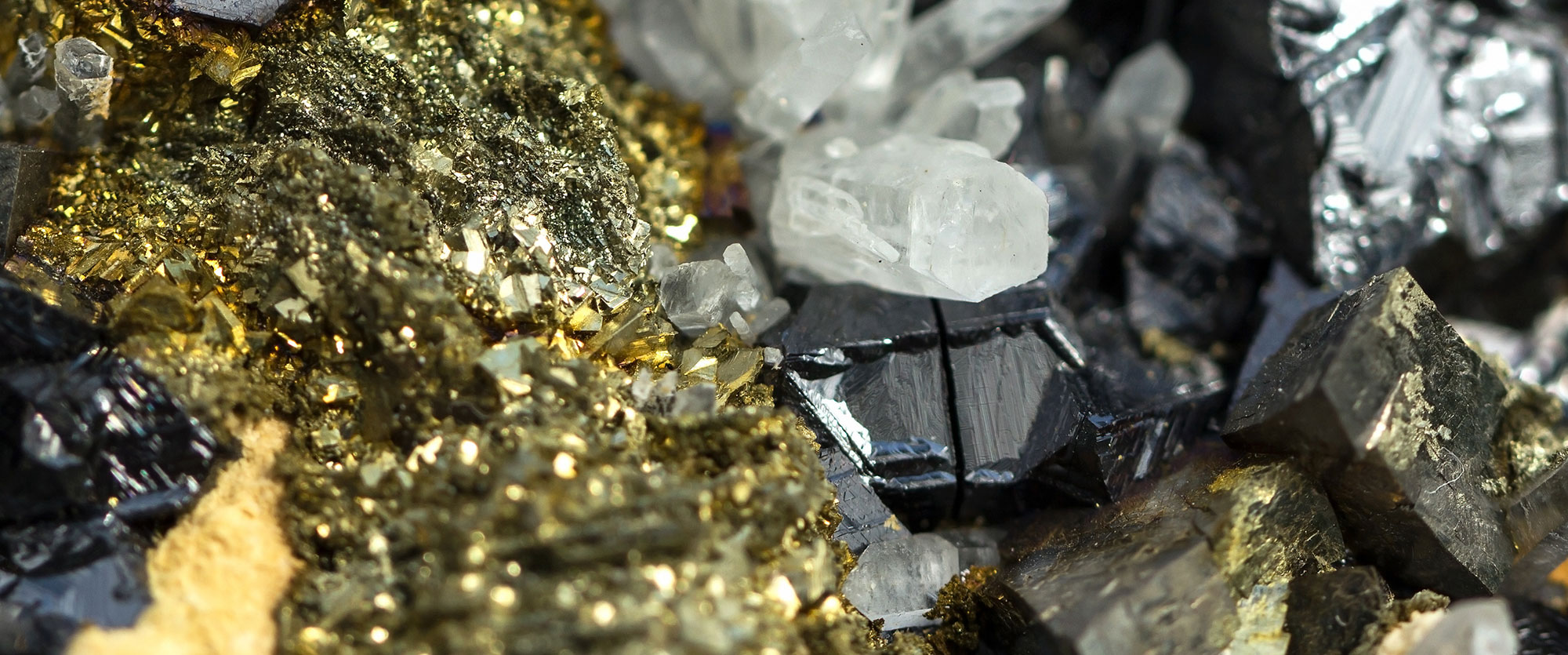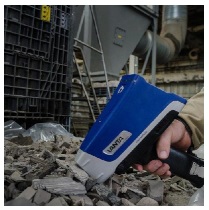PRECIOUS METAL INVESTMENT - IS IT WORTH IT?
POSTED BY ALICE
Gold in particular, but also other precious metals including silver and the Platinum Group Metals (platinum, palladium, and rhodium), have long been considered attractive investment options. This has been highlighted recently with gold trading at its highest price since April 2013 and showing a 17% gain in just 8 months since the start of this year. And, whilst stock market volatility and concerns over the possibility of a global recession continue, gold prices are likely to continue to rise. This is because precious metals are perceived to offer a hedge against market instability.
In fact, precious metal prices thrive on economic uncertainty, and events such as the current USA trade war with China that has caused escalating trade tensions, invariably lead to rising metal prices. Joe Foster, Portfolio Manager at the VanEck funds recently suggested, for example, that “If a recession is on the horizon, then gold could hit new highs.” Much precious metal demand comes from the jewelry sector, and if consumers, especially in China and India, reduce their jewelry purchases it will have a negative impact on price. In the end, though, the value of these precious metals is largely psychological, and this can be a powerful driver of price.
On the minus side of the equation, historically, precious metal prices have been prone to significant declines over periods of time - for example, the price of gold fell from $850 to $251 per ounce between 1980 and 1999.
There are, nevertheless, sound economic reasons to invest in precious metals:
- because they are precisely measured and usually issued by governments and reliable, trustworthy companies, you can be confident that you get what you are paying for.
- you can easily compare the prices you are being offered with real-time market prices. Normally metals are sold at prices that are slightly higher than current trading prices, but you will always know whether you are getting a fair price.
- they are convenient and easy-to-buy investments, are packaged in sealed, protective plastic containers, and easily stored in safes or other secure locations.
- because of their reliable source, you can be confident that the precious metal content is pure.
- many dealers will offer volume discounts for higher quantities, making the investment more worthwhile.

All are seemingly good reasons to invest, but are these good enough on their own? As always, there are potential pitfalls in investing in precious metals, including:
- risk of forgery. Bullion and coins could relatively easily be forged simply by applying a layer of the precious metal over a base metal. Often, buyers will not even open the outer packaging case before placing it into safekeeping, and the forgery can therefore go undiscovered until it buyer wishes to sell. Buying from reliable dealers who offer a buy-back guarantee of authenticity is the best - though not always foolproof - way of avoiding this risk.
- as we stated earlier, the buying price will invariably be slightly above market price, and therefore you are actually starting your investment at a loss that needs to be covered before the breakeven point is reached.
- liquidity may become an issue if you need to sell your precious metal bars and coins quickly, particularly if you end up negotiating on price with a dealer.
So, in summary, if you are considering investing in precious metals, bear in mind the potential pitfalls; speculators can be disappointed with the performance, especially over time. As a portfolio diversifier, a hedge against inflation, and as insurance against global financial disasters, investment in precious metals has its uses, but they should not be regarded as core portfolio holdings.

























